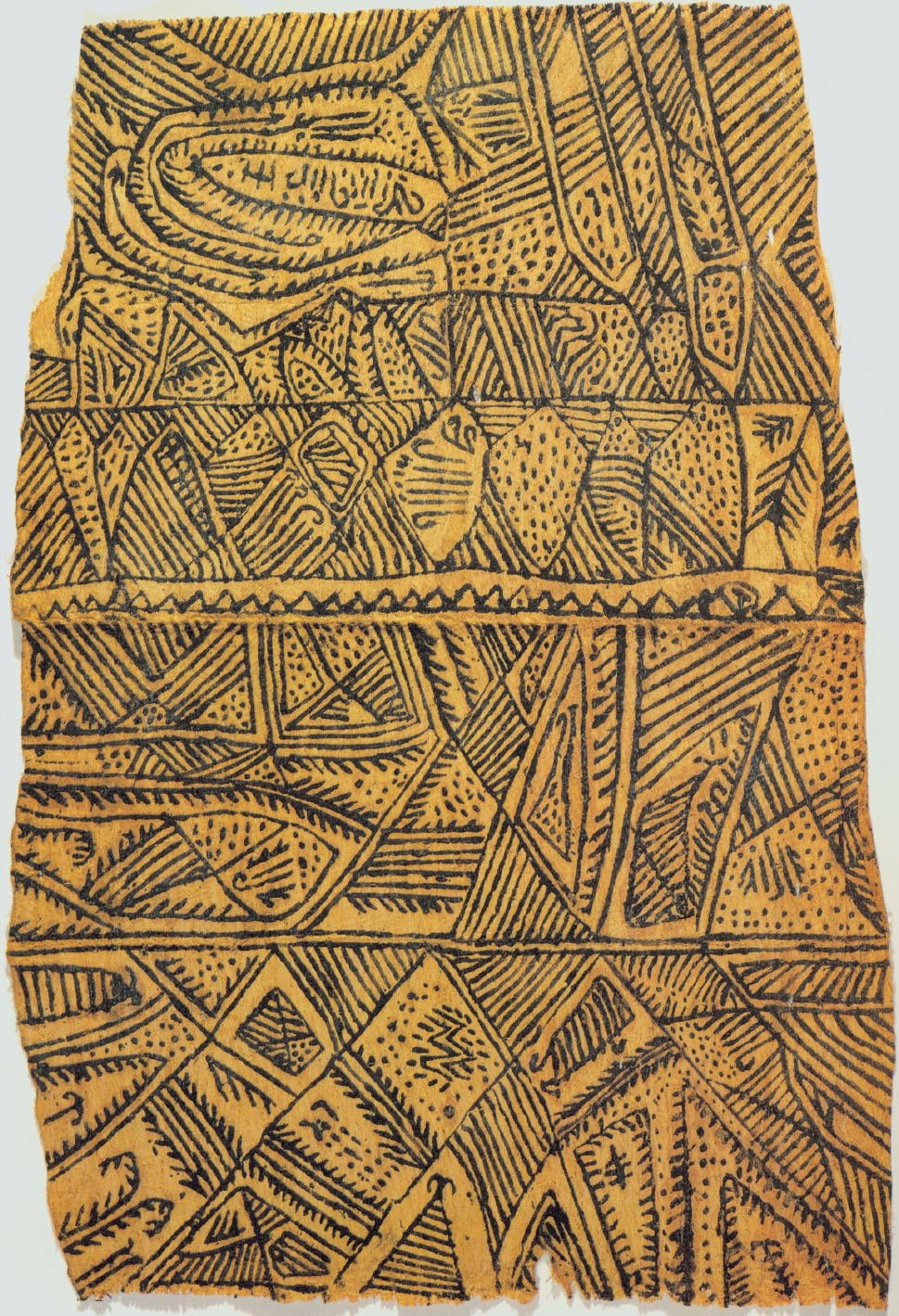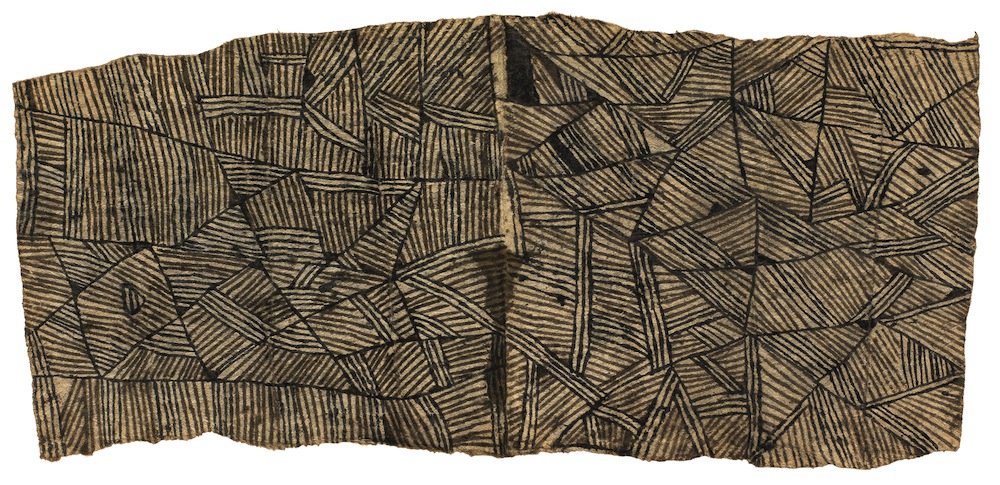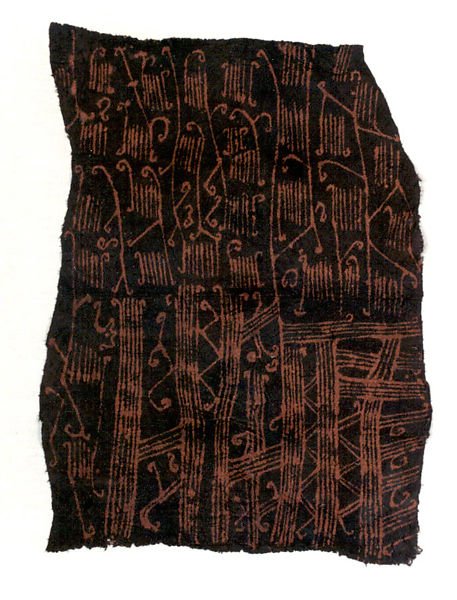Pivotal Processes
The previous dispatch examined the fifteen processes (or “structure preserving transformations”) that the architect Christopher Alexander found to be pivotal to the deconstruction of deathly worlds and the (re-)construction of living worlds.
In considering the specific kinds of living worlds that I would (re-)construct, I have found that, while all fifteen of these processes have their place in my worlds, some are more pivotal to my worlds than others. The most pivotal processes to my worlds are the processes of (i) NOT-SEPARATENESS, (ii) DEEP INTERLOCK AND AMBIGUITY, (iii) ROUGHNESS, and (iv) SIMPLICITY AND INNER CALM. These four processes are the most pivotal to my worlds because they produce the defining features of my worlds in ways that would enable me superpose my worlds together.
The text below sketches out how and why it is that these four processes are the most pivotal to my worlds.
…worlds in which humanisms would be overturned and primitivisms would be revalued…
Humanisms have endeavored to separate culture from nature: they have celebrated the refinement of civilized cultures that have broken with nature, and they have denigrated the roughness of primitive cultures bound up with nature. In doing so, humanisms have decimated the deep interlocks and ambiguities that exist between culture and nature.
The overturning of humanisms and the revaluation of primitivisms aims to further the NOT-SEPARATENESS of culture and nature by (i) embracing the ROUGHNESS of primitive cultures that are bound up with nature, and (ii) strengthening and multiplying the DEEP INTERLOCKS AND AMBIGUITIES that exist between culture and nature.
What’s more, humanisms have wagered that the increasing complexities and neuroses that attend the refinement of civilized cultures are the necessary evils that attend all progress and development. The overturning of humanisms and the revaluing of primitivisms, by contrast, wagers that increasing SIMPLICITY AND INNER CALM is the sign of profound progress and development, while increasing complexity and neurosis is the sign of superficial progress and development.
…worlds in which the radicalism of everyday sense would counter both the populisms of common sense and the elitisms of higher senses and reasons…
Pivotal to radical everydayness is, first and foremost, ROUGHNESS. That which makes everyday sense is never exact in its measures because that which makes everyday sense must make do with whatever measures are available on any given day.
Also pivotal to radical everydayness is SIMPLICITY AND INNER CALM. That which makes everyday sense is never exacting in its demands on the body and the psyche because that which makes everyday sense must be done day after day without doing irreparable harm to the body and the psyche.
…worlds in which working-for would be abolished in favor of working-with…
The most pivotal process to abolition is that of DEEP INTERLOCK AND AMBIGUITY. Abolition proceeds by creating ambiguity regarding who is working for who in any given scenario, so much so that the only meaningful way to describe the scenario would be to say that the parties involved are working with one another. The concomitant result of all of this is the NOT-SEPARATENESS of employer and employee, producer and consumer, of creditor and debtor, etc.
…worlds in which bioregionalisms, communisms, and dilettantisms would counter nationalist, capitalist, and careerist imperialisms…
Bioregionalism demands that biogeochemical flows and processes (in)form the BOUNDARIES of self-organized communities. The boundaries of bioregions are coherent when they are drawn in accord with biogeochemical flows and processes that construct STRONG CENTERS and GOOD FORMS. In addition, CONTRASTS amongst neighboring bioregions will give their boundaries greater coherence. That being said, it must be noted that, insofar as they are determined by natural processes, the boundaries of bioregions will inevitably be characterized by ROUGHNESS and by DEEP INTERLOCKS AND AMBIGUITIES. This is to say, in other words, that there will be no way to disentangle a given bioregion from its neighbors because their boundaries are roughly and ambiguously drawn in accord with the vagaries of biogeochemical flows and processes. As a result, different bioregions will constantly have to cooperate and negotiate conflicts with one another about and around their boundaries, thereby ensuring their NOT-SEPARATENESS. But such conflict negotiation and cooperation will only be possible if each bioregion can achieve SIMPLICITY AND INNER CALM thereby.
In principle, communism means “from each according to their abilities, to each according to their needs”. In practice, communism means creating NOT-SEPARATENESS and DEEP INTERLOCKS AND AMBIGUITIES between one’s abilities and another’s needs and, vice versa, between one’s needs and another’s abilities. Insofar as abilities and needs both vary widely and wildly in their distribution, there will always be a ROUGHNESS about the matching of needs and abilities — one cannot hope to create a precise one-to-one match of abilities to needs. Rather, one can only construct so many rough matches amongst abilities and needs.
Pivotal to dilettantism is, first and foremost, the NOT-SEPARATENESS of the expert and the layperson and, concomitantly, a DEEP INTERLOCK AND AMBIGUITY between the expert and the layperson. Also pivotal to dilettantism is ROUGHNESS. Whereas the expert is at pains to refine their discipline into an exact science and to seek definitive proofs, the dilettante gladly lives with rough approximations and back-of-the-envelope calculations. This is to say, in other words, that dilettantism aims to construct a world in which exactness and definitive proofs are superfluous, which is, in other words, a world in which rough approximations and back-of-the-envelope calculations will always suffice. In so doing, a dilettantism tends to promote SIMPLICITY AND INNER CALM.



